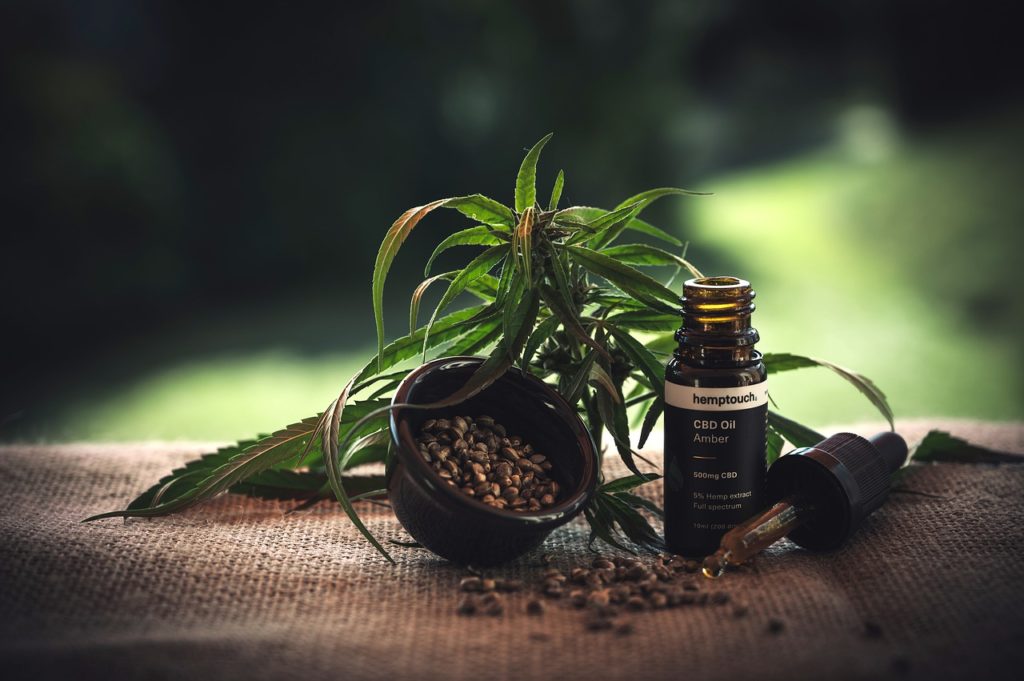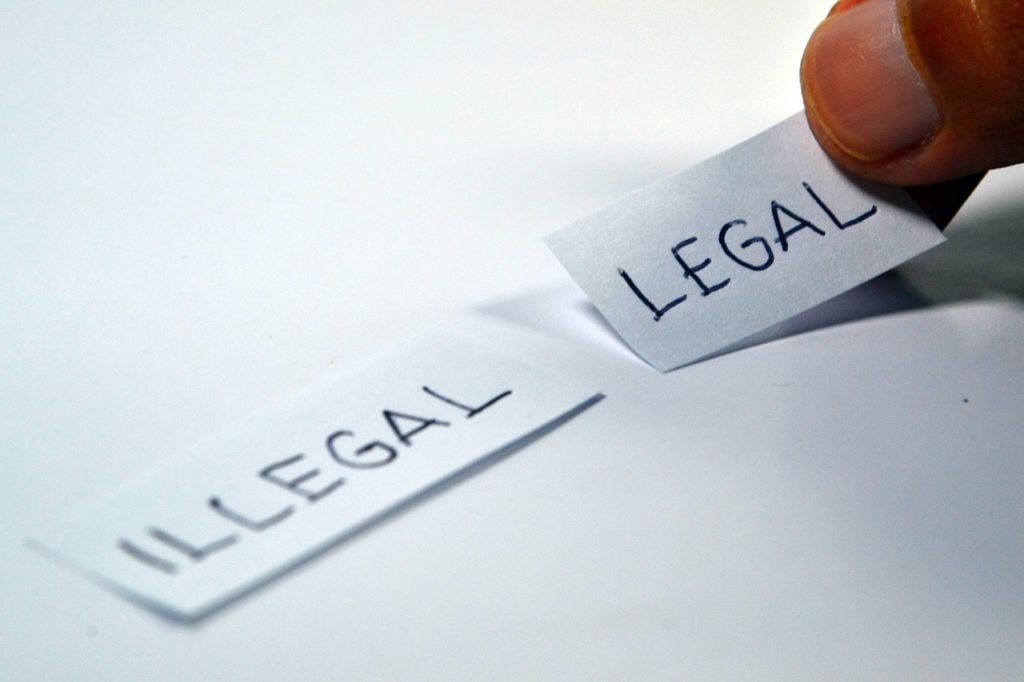Patients who use cannabidiol go to court for having data exposed by Anvisa. The Agency sent a message to 1,900 patients and ended up sharing the email addresses of all of them. Anvisa informed that the email sent to patients composed a set of actions to communicate the expansion of knowledge about the extension of the validity of the Import Authorization for cannabidiol-based products.
Anvisa exposed data on 1,900 people who use cannabis oil


The use of cannabis compounds, when prescribed by a physician, as cannabinoid-based drugs (CBD) used for therapeutic purposes, is legal in Brazil However, this does not mean that society as a whole sees it with good eyes and does not have numerous prejudices against patients who found in cannabis a solution for their clinical conditions. It is worth noting that a large proportion of these patients are elderly and children.
You can find more information about the cannabis industry and other important news in the cannabis sector with the Hemp.im app and its companion marijuana news website. Learn about potential opportunities in the rapidly changing marijuana space and become familiar with leading professional investors focused on the industry.
Lawsuit against Anvisa
The National Health Surveillance Agency (Anvisa) exposed the email addresses of 1,900 patients who use controlled cannabis-based medicine. The data sharing happened when sending a message to patients and companies in the sector, without using blind copies. It remains to be seen if the action was due to the responsible person’s negligence or bad faith.
After the data leak, the lawyer Emílio Figueiredo, who is the director of the Reforma collective, stated that he would file a lawsuit for moral damages against Anvisa. The accusation will be based on the General Law of Personal Data Protection, which covers internet users. As Figueiredo explained “the disclosure of e-mails is causing a series of losses to patients. Through the address, it is possible to identify who is undergoing treatment. Many of those who use the products do not expose even for relatives. There are also professional emails from people on the list.”
Brazilian Cannabis Association is also filing a legal process against Anvisa


Another legal process against Anvisa is expected to come from the Brazilian Cannabis Association (Abracannabis). According to Lauro Pontes, executive coordinator of the association and Ph.D. in Psychology, the leak of patients’ email contacts has been causing emotional problems.
“In addition to the emotional and moral effect produced on people who are sick and have felt exposed, regardless of the associated disease, there are thousands of names that have been fired in an email without a blind copy. This has caused each user to receive at least 700 other email addresses in the letter range of their name. I received all of them from L to the end of M, exposing the data (name and email). It’s a serious thing. There is still a lot of prejudice on the subject. Many patients are still ‘coming out of the closet’ about cannabis consumption,” commented Pontes.
Understanding the problem
According to psychiatrist Eliane Nunes, general director of the Brazilian Society of Cannabis Studies, Anvisa’s mistake affected patients who requested the import of cannabidiol-based products in January 2020 and also those who were on the verge of expiring. “I think the leak of this email is very serious. In this list of recipients, there are people who are in very different conditions. For some, it’s very easy to assume that they use cannabis medicines. For others, it may not be,” explained the psychiatrist.
Among the patients who felt injured is Cristiane Gimenez Palacios, who is the mother of a girl who uses cannabis oil. For Cristiane, “it is revolting this carelessness, and lack of ethics. Any updated professional knows that email cannot be shared in this way. The sending should be individual or with a blind copy in the case of collective sending.”
HempMeds also received the patients’ contacts
Another patient, who did not want to share his identity, explained that his family does not know about his health condition and fears that the information could be used for a possible judicial interdiction.
In a note, HempMeds, one of the organizations that received the patients’ contacts, stated: “The company ensures that it has not and will not use the list of recipients made public by the regulatory agency, and reinforces that it strictly follows all legal norms and the highest ethical standards regarding the protection of its patients’ data. HempMeds’ relationship base is comprised exclusively of people who have volunteered their contact information directly to the company and have agreed to receive information and communications from the company.”
__
(Featured image by CBD-Infos-com via Pixabay)
DISCLAIMER: This article was written by a third party contributor and does not reflect the opinion of Hemp.im, its management, staff or its associates. Please review our disclaimer for more information.
This article may include forward-looking statements. These forward-looking statements generally are identified by the words “believe,” “project,” “estimate,” “become,” “plan,” “will,” and similar expressions. These forward-looking statements involve known and unknown risks as well as uncertainties, including those discussed in the following cautionary statements and elsewhere in this article and on this site. Although the Company may believe that its expectations are based on reasonable assumptions, the actual results that the Company may achieve may differ materially from any forward-looking statements, which reflect the opinions of the management of the Company only as of the date hereof. Additionally, please make sure to read these important disclosures.
First published in canaltech, a third-party contributor translated and adapted the article from the original. In case of discrepancy, the original will prevail.
Although we made reasonable efforts to provide accurate translations, some parts may be incorrect. Hemp.im assumes no responsibility for errors, omissions or ambiguities in the translations provided on this website. Any person or entity relying on translated content does so at their own risk. Hemp.im is not responsible for losses caused by such reliance on the accuracy or reliability of translated information. If you wish to report an error or inaccuracy in the translation, we encourage you to contact us.



Comments are closed for this post.